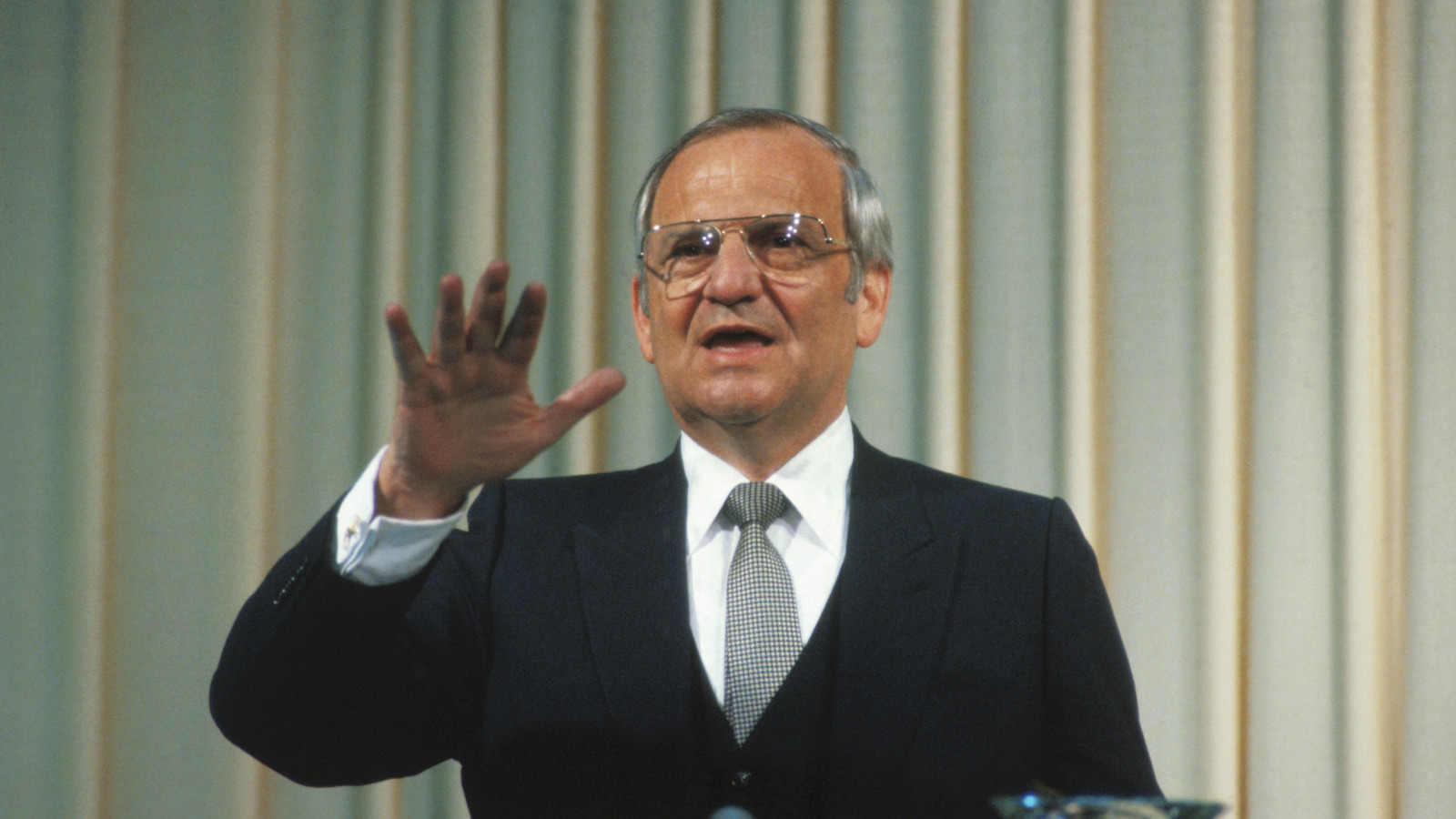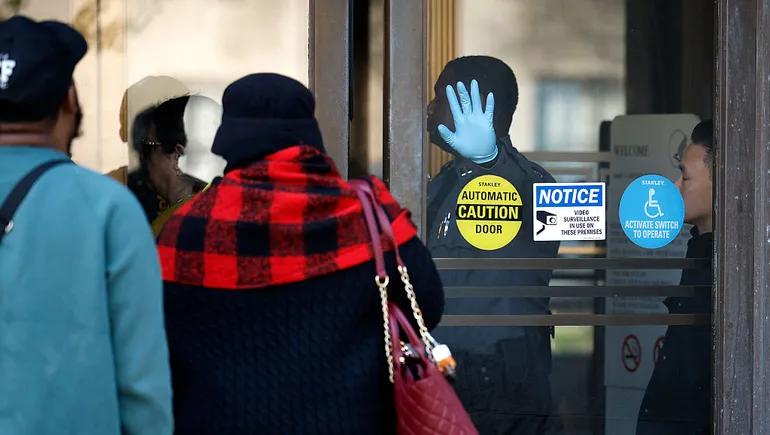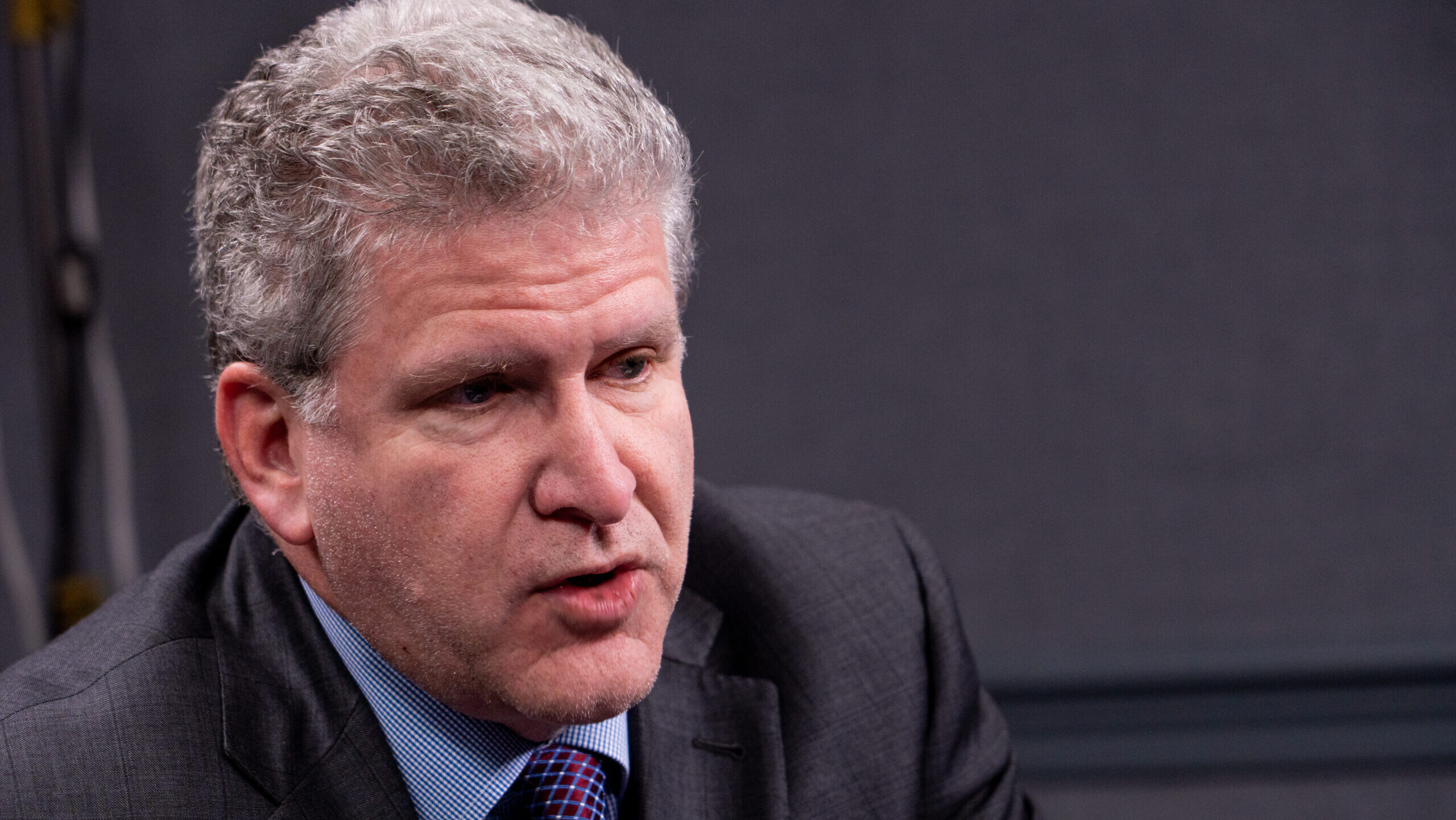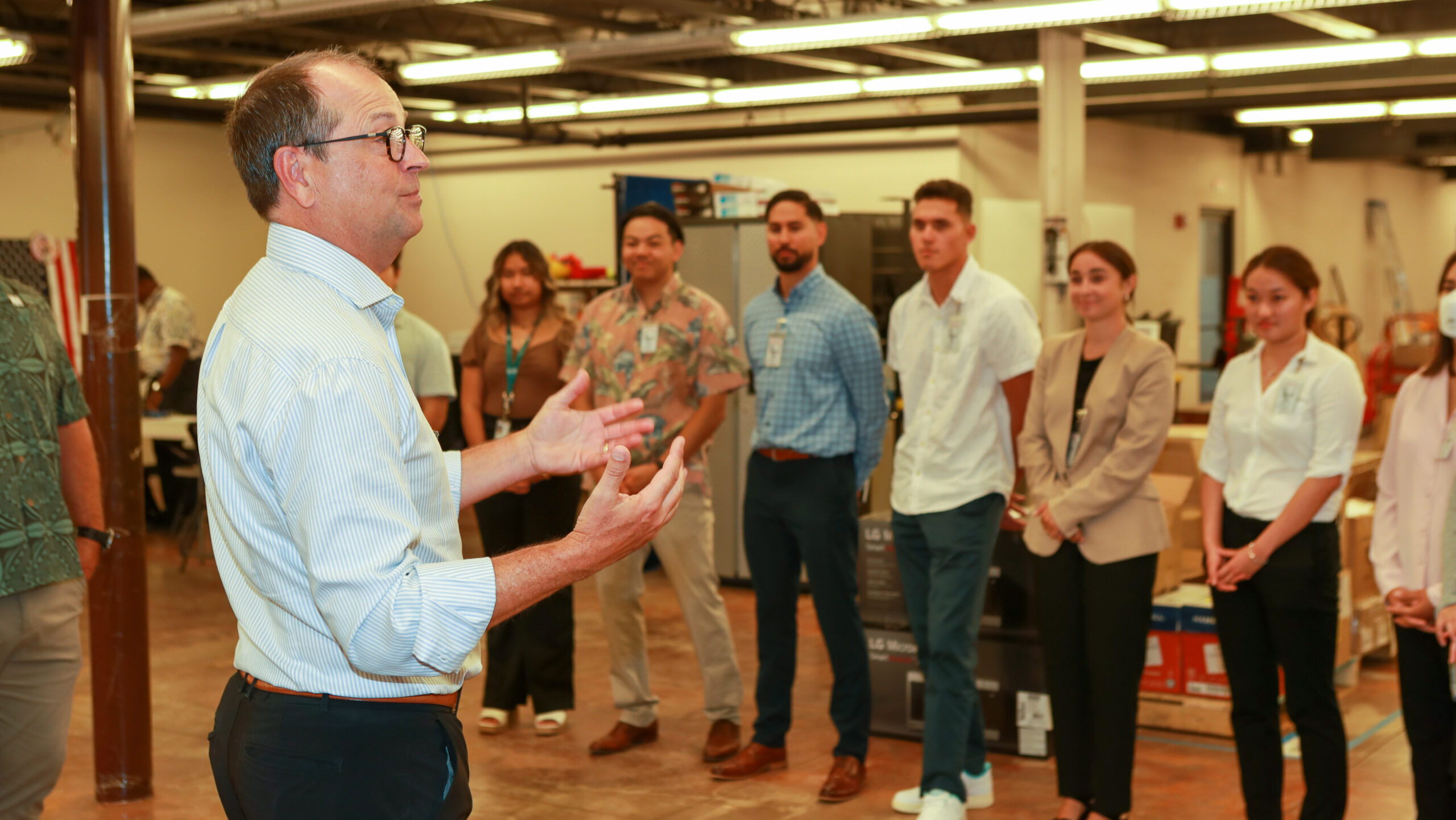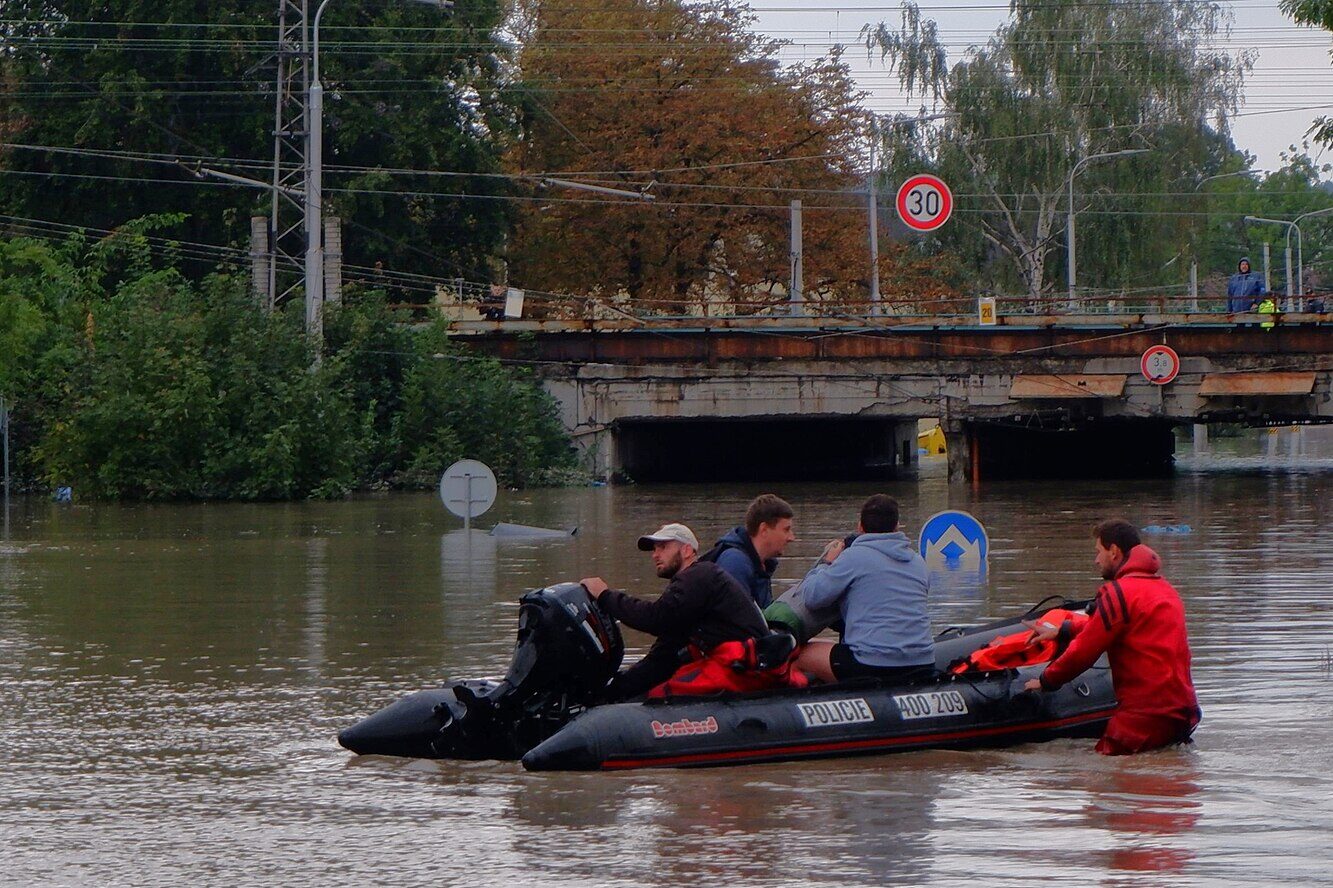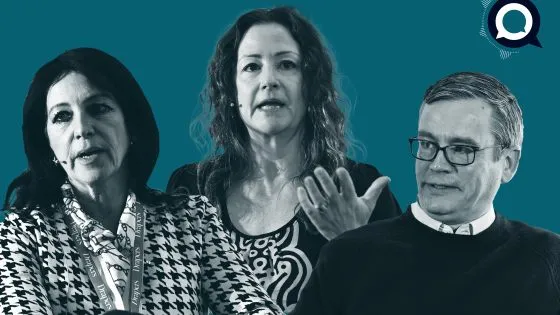How A SXSW Panel Should Make Us Rethink The Legal Profession’s Rural Crisis
Instead of dismissing and disparaging rural communities, we should strive to help everyone to better understand each other. The post How A SXSW Panel Should Make Us Rethink The Legal Profession’s Rural Crisis appeared first on Above the Law.


In March 2024, I authored an article about the so-called rural desert in the legal profession. The rural desert is a reference to rural areas where few or no lawyers live, which effectively deprives the populace of legal services. These deserts are on the upswing. My article attempted to offer some solutions based on technolgy and remote work. But after hearing a SXSW Panel discussion, I think my solutions may have been, well, wrong.
The Background
According to surveys, 14% of the population lives in rural areas, but only 2% of lawyers do. A 2020 ABA study found that 40% of all counties in the US have fewer than one lawyer for every 1000 residents. Fifty-two counties have no lawyers, and another 182 have only one or two.
There are multiple reasons for this dearth. Many young lawyers simply want to live in urban areas. They value the quality of life, cultural opportunities, and better access to health care that they believe urban areas offer. Many have professional spouses who also want and need to work. Deciding to be a rural lawyer requires finding two jobs in areas where opportunities may not be as great as in urban areas.
Lawyers also fear they will be unable to make as much money working in rural areas: most young lawyers have significant student loans to repay. Young lawyers worry about a lack of training and mentorships in rural areas since many older rural lawyers are reaching retirement age leaving few available mentors. The declining numbers are bad for the profession and society. Without lawyers, people living in rural areas will be deprived of access to justice and community leaders.
My 2024 Solutions
In 2024, I noted that most of the proposed solutions focused on incentivizing younger lawyers to move to and practice in rural areas. Using financial incentives to draw lawyers to move rural areas was trying to solve a new problem with an old way of thinking. I concluded that as a profession, we needed to focus on delivering services and outcomes in rural areas in new and different ways. I proposed things like having lawyers use technology to serve clients in rural areas without necessarily living there. Or remotely linking young lawyers in urban areas with older lawyers in rural areas for mentorship and learning experiences. Or providing financial incentives not based on moving but on serving.
But here’s the problem with my thesis: I may have misunderstood the values and mindset of people living in rural areas who need representation. My perspective shifted after hearing a presentation at SXSW.
The Mother Research: Community
This possibility was brought home to me in a presentation at SXSW this week entitled Demystifying Rural Life, A Crash Course in Marketing to the Heartland. It summarized some extensive research by the advertising agency, Mother. The results of the research were presented by Mother Strategist, Camila Caldas and Charlie McKittirck, Mother Chief Strategy Officer.
The research focused on young people between 18-35 in the rural heartland. The researchers visited 32 states over 24 weeks and conducted interviews, an 800-person survey and attempted to immerse themselves in rural culture.
One of the key findings is not surprising. People in rural areas feel disrespected, underrepresented, and misunderstood by the rest of America. They have a chip on their shoulder for big business and urban arrogance. They feel judged all the time. They are angry.
But that anger becomes understandable when you consider four key factors that the Mother researchers consistently discovered among rural folks.
The first and most important one is a strong sense of community. According to Caldas, people rural areas don’t just perform or give lip service to the notion of community, they actually live it. They take their community membership seriously. As a result, there is a sense pragmatism and the willingness to help others in the community when they need it. As Caldas put it, when someone says they are moving, an urban friend might say I will recommend a mover. A rural friend says, what day? I’ll bring my truck.
Rural folks have a commitment to the community and to each other. Life is much less transit in the rural community so there is a greater sense of investment in it. And importantly for seeking solutions to the legal desert problem, you can’t buy your way into the community. You have to be part of it. You have to show up for people, You have to demonstrate you accept and are part of the community. You have to earn it.
Values
The second important factor the Mother researchers uncovered was the strong sense of values of those in rural communities. These values lead to an implicit code of conduct, not just a badge or belief. Rural people treat seriously the need to respect and serve those in the community. They value less the concept of career and corporate ladder climbing. They care more about things like respect, humility (not putting on airs or acting better than others), self sufficiency, hard work, loyalty, and resourcefulness. They feel like urban dwellers make fun of these values and belittle them for having them.
Creativity
The third factor discovered by the researchers was a significant level of creativity among rural people. Because they don’t have access to many things those in cities do or have the same infrastructure, they have to be resourceful and come up with solutions and even fun on their own. The lack of an infrastructure drives ingenuity among rural dwellers. Most of them know how to operate and fix equipment. They know how to work with their hands. And they are proud of their skills.
Aspirations
The final factor noted by the researchers was the difference in aspiration of rural people. They don’t look up or out but at valuing the more simple life they lead. They laugh at the urban mindset of climbing a ladder that leads only to overwork, over stress and unhappiness.
Hearing this research made me realize a fundamental flaw in my initial conclusions.
I Was Wrong
When I re-read my previous article in light of this research, I see how wrong I was. Rural people aren’t likely to accept and trust a lawyer who they view as perceiving themselves too good to be part of the rural community. If a lawyer is not part of the community, the Mother research suggests not only will they not be accepted, they won’t get business. Even if that means the rural people wont get access at all.
Remember that the research suggests that rural people are creative and find practical solutions even without the urban infrastructure’s future. They would feel the same way about the lack of lawyers: rightly or wrongly they think they can figure out a solution.
Moreover, rural people will perceive the fact that a lawyer’s choice not to be physically part of the community itself reflects a different value system. This disconnect in values would lead inevitably to distrust and resentment. Trust is the building part of lawyer-client relationships. Without it, it just wont work.
Refusing to live in a community for all the reasons identified—need to make more money, valuing the perceived higher quality of life, more cultural opportunities, better access to health care, even the need for having job opportunities for professional spouses—is antithetical to the value system of many rural dwellers. Add to this lack of cultural fit is the anger that many rural people already feel toward what they consider an urban mindset—a mindset they think is disrespectful and arrogant toward them. That doesn’t bode well for urban lawyers attempting to temporarily parachute into rural areas.
Given the Mother research, I’m not sure we can solve the rural desert problem with technology alone.
It’s Going to Take Something Else
It’s going to take something else. Perhaps financial incentives are a partial answer although that approach is also not consistent with rural values of self-sufficiency and resourcefulness.
The Mother research hints at another solution: education. Instead of dismissing and disparaging rural communities, we should strive to help everyone to better understand each other.
If we can show younger lawyers what rural people truly value, perhaps they can see the advantages of being part of a strong rural community. Perhaps that will incentivize them.
Stephen Embry is a lawyer, speaker, blogger and writer. He publishes TechLaw Crossroads, a blog devoted to the examination of the tension between technology, the law, and the practice of law
The post How A SXSW Panel Should Make Us Rethink The Legal Profession’s Rural Crisis appeared first on Above the Law.











